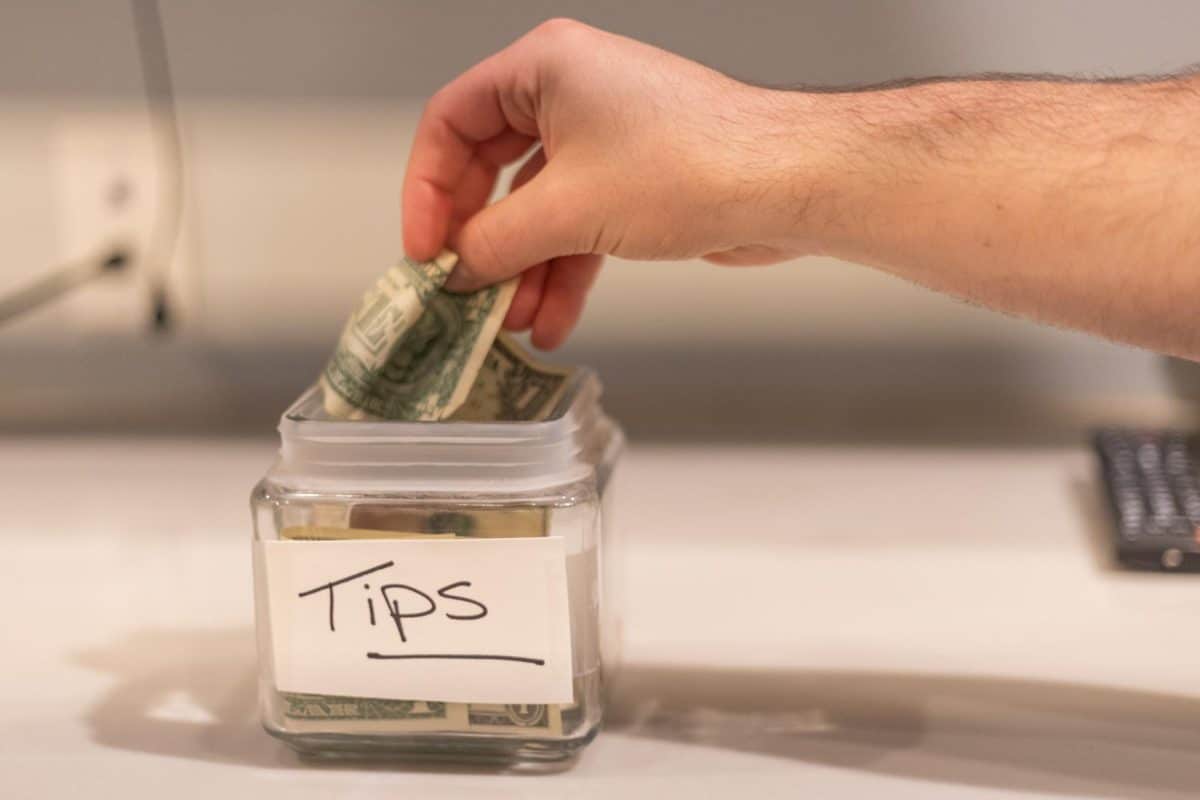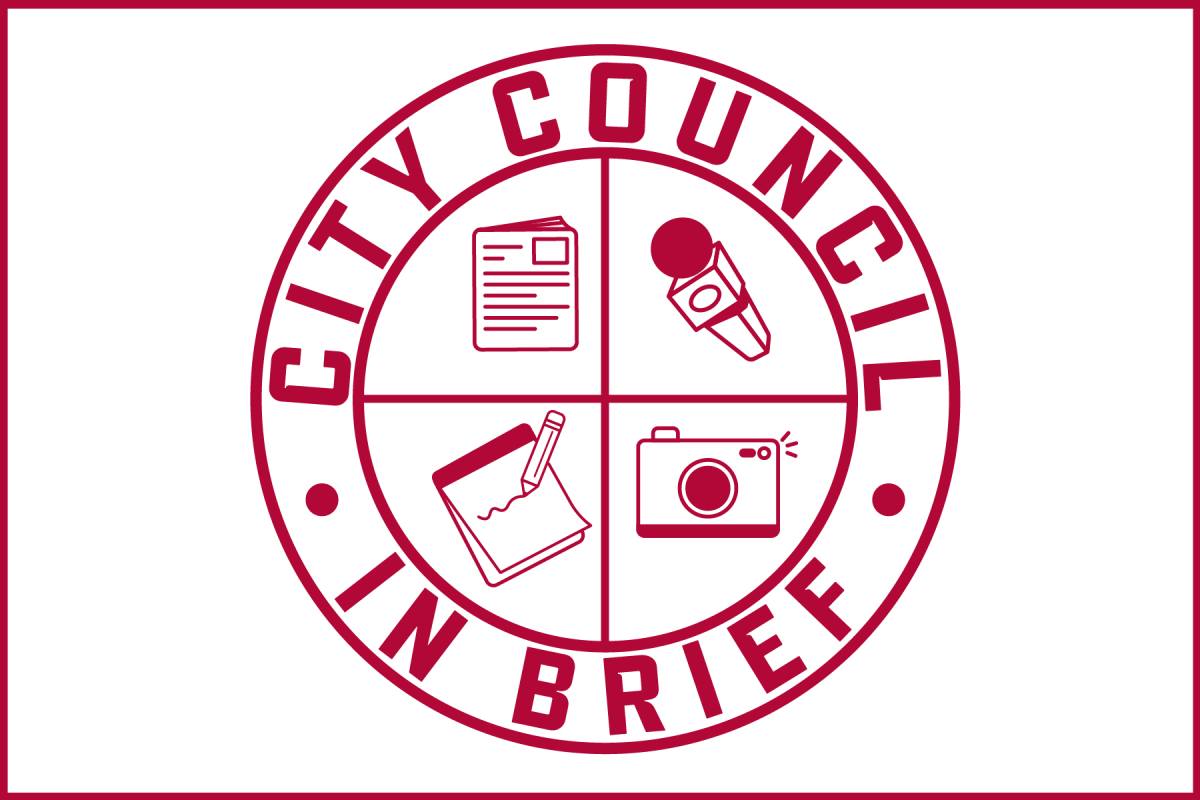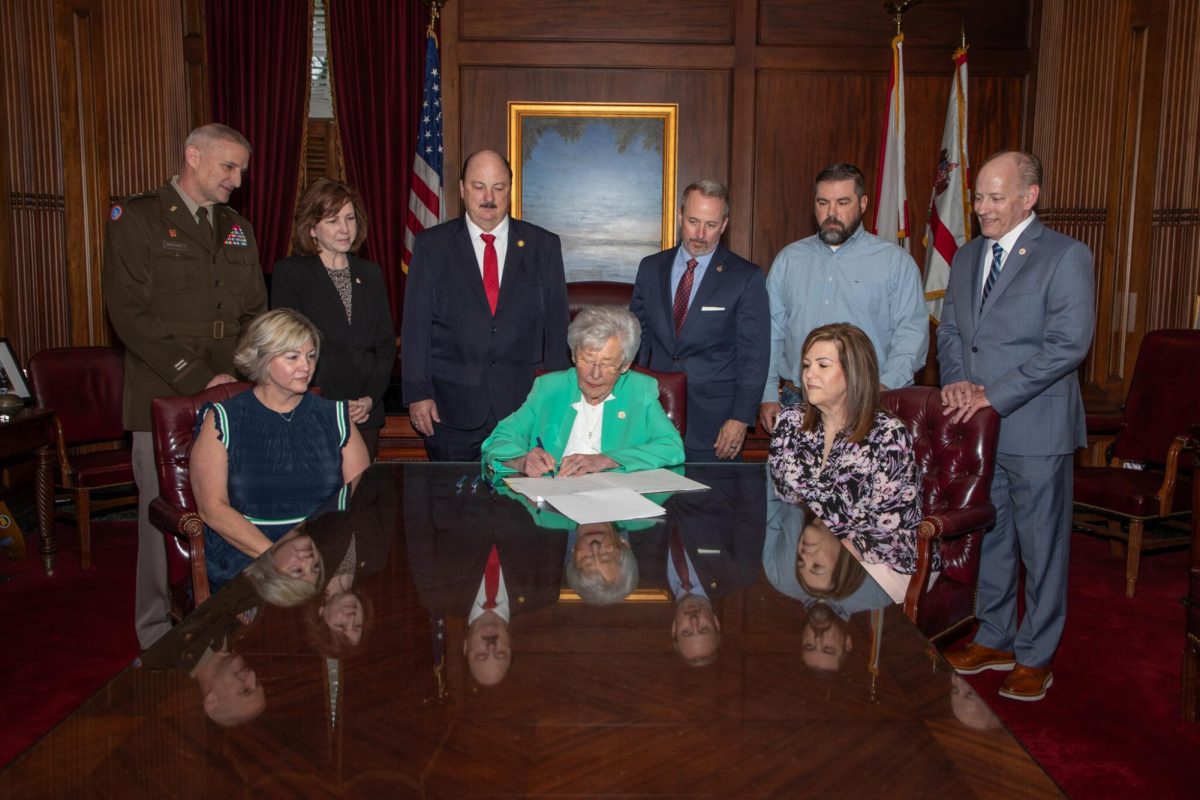Both presidential candidates in the 2024 election recently expressed support for income tax exemptions on tips, but economists have concerns.
A bill called the “No Tax on Tips Act” was introduced in the House by Ted Cruz (R-Texas) and fellow GOP senators Steve Daines, Rick Scott and Kevin Cramer on July 7. Senators from across the aisle have supported the bill, but it has not been passed by either the House or Senate.
It is one of the few policies both former President Donald Trump and Vice President Kamala Harris support.
According to Barefoot Student, a job site for college students and graduates, food service is the most common job for college students. As such, this bill would have a large effect on the income of students.
“There’s bipartisan support because it’s popular with voters,” said Peter Brummund, associate professor of economics. “There’s a very low chance it gets enacted. … It doesn’t make any sense.”
Brummund said this policy comes on the heels of an increase in tipping opportunities over the last few years and a desire by politicians to look supportive of service workers since the COVID-19 pandemic, but the cost would be an increase in pay inequality.
“Cooks typically aren’t tipped. So then there’d be a huge [income] disparity between cooks and servers, and there’d be a huge increase in the number of people that want to get their income tipped, because then it’s free from income tax,” Brummund said. “There’d be one occupation that would be disproportionately incentivised in the tax system.”
Brummund said existing inequalities in tip earnings based on an employee’s physical characteristics, like race, could also worsen as servers’ pay becomes more reliant on tips, which are already volatile.
According to The Budget Lab at Yale, a simple tax exemption policy would have a small effect on the workforce, as a third of tipped workers already do not make enough income to qualify for income tax.
Harris and Trump’s individual “No Tax on Tips” policies do differ slightly, however. Harris’ plan comes with an increase in the tipped minimum wage and a promise for income limits and other requirements to prevent loopholes by the wealthy, though specifics are vague.
Trump has not proposed similar ideas. Brummund explained that Harris’ plan to increase the minimum wage likely means a standardization between the federal government’s tipped and non-tipped minimum wage.
“All workers, whether they’re tipped or not, need to get paid the minimum wage. It’s just a question of how much of that minimum wage gets paid by the boss versus gets paid by the consumers,” he said.
Currently, Alabama is one of 15 states with a $2.13 tipped minimum wage — the minimum allowed under federal law. A standardization would mean bosses would have to pay tipped workers the standard minimum wage, which is currently $7.25, before including tips as a part of their pay.
Estimates of how the policy could affect the national deficit differ, especially as the two candidates have very different economic policies that would also affect the federal budget. Harris’ plans are expected to run a profit, while Trump’s are expected to increase the deficit.
Service workers view the proposal much differently.
Emily Farler, a freshman political science major, has worked as a server for two different restaurants in her home state of Kentucky. She estimated that her income was over 90% tips.
“That would be incredible,” Farler said about the policy being implemented, adding how she feels her tips are currently taxed heavily. “But I think the minimum wage for servers should be higher.”
Farler was making $2.50 without tips, just above Alabama’s tipped minimum wage. She would “absolutely” support Harris’ plan over Trump’s because of the tipped minimum wage increase, which she believes is unlivable. Having an increased minimum wage, Farler said, would provide her with “safety” for the slower days.
While Brummund thought Harris and Trump likely endorsed the exemption for tipped earnings to gain working class votes, he said this policy would likely be popular with restaurant owners, because it benefits them more than it does workers.
If servers get their tipped income tax-free, they’ll be looking to make more of their income through tips. This means the customer will be paying more of the worker’s salary, while business owners will be paying less, Brummund said.
“The customers are subsidizing the wages that should be paid by the employer for the workers,” he said.
Michael Hebron, owner of Rama Jama’s — a local diner across the street from Bryant-Denny Stadium — supports the policy.
Hebron had no preference between the candidates’ plans, as an increase in the minimum wage would have no effect on him or his prices. Hee currently pays his employees well above the current tipped minimum wage along with tips they receive, aiming to ensure his workers earn between $16 and $19 per hour.
However, he said an increase in the minimum wage, while not directly affecting him, could increase his supplier’s prices.
Brummund sees customers potentially lowering the base amount they tip as a result of the tax being eliminated, since service workers would receive the full tip tax-free. He also thought it would result in a change in tipping culture and a further increase in tipping opportunities.
“The businesses where we have a traditional culture of tipping, like restaurants, I don’t think it’d be that big a deal. Where you’d see it is a lot more businesses trying to introduce tips,” Brummund said. “There’d be a lot more incentives for a business to add tips to their transaction, because it’s now tax-free and so more businesses would want to get that subsidy.”
Farler and Hebron see things differently. As a customer, Farler said it would make her want to tip more, because she’d rather give her money to the workers rather than “the restaurant that already isn’t paying their servers well.” Hebron thought it would make no difference, since he personally wouldn’t care whether servers are taxed when he eats out.
Regardless of whether the policy is implemented, Hebron said one thing is clear: Tips matter a lot to his employees.
Rama Jama’s started implementing a credit card tip request when customers check out after Hebron purchased the diner in 2017.
“It was a significant boost to [my employees’] income,” Hebron said. “It changed their lives.”









